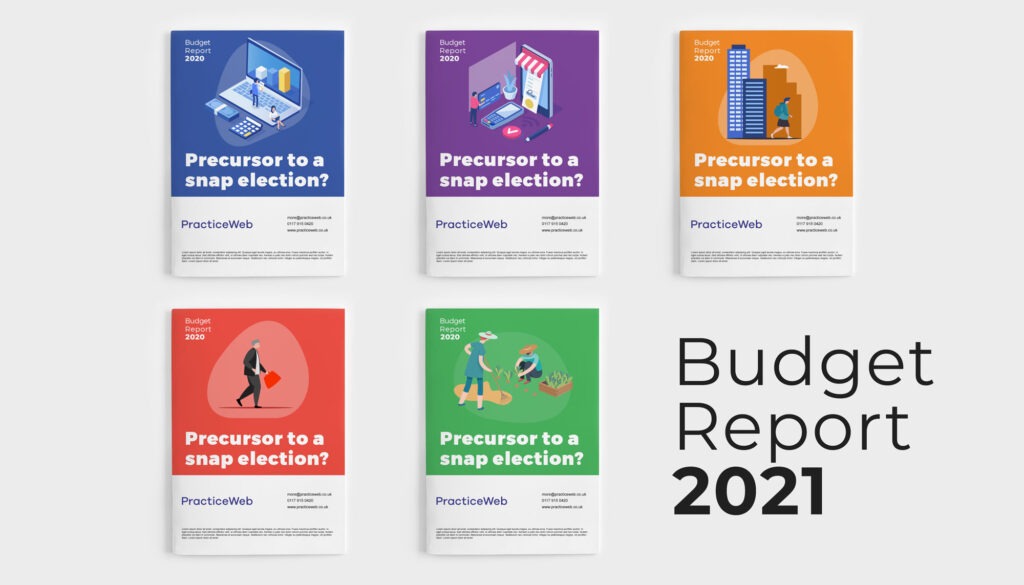When Rishi Sunak was appointed as Chancellor on 13 February 2020, even he could not have imagined what he was walking into. Since then, he’s delivered one Budget and two financial statements, while spending billions to prop up the UK economy from the impact of COVID-19.
On Wednesday, 3 March 2021, Sunak will deliver his second Budget speech to the House of Commons, and it has the potential to be the biggest fiscal announcement since the Second World War as the Chancellor aims to reinforce existing support while trying to claw back unsustainable debt.
Confidential sources are leaking more potential policies than ever to try and gauge public opinion prior to Spring Budget 2021 and the rumour mill has gone into overdrive. The key question surrounds whether or not now is the time to raise taxes, when the UK economy is in the midst of a deep recession and with severe lockdown restrictions in place.
In many ways, Sunak’s hands are tied. The Government vowed not to raise the rates of income tax, national insurance contributions (NICs) and VAT in their 2019 election manifesto. Those taxes are seemingly off limits, so what options does the Chancellor have?
3 potential tax changes
Income tax, NICs and VAT raise around two-thirds of the Treasury’s annual revenue in any normal year, which leaves capital taxes, property taxes, company taxes and inheritance tax as next in line for change.
Less than a year after the main rate of corporation tax was due to fall from 19% to 17%, this tax on company profits could be about to increase to as high as 24%, according to The Times. Sunak could recoup around £3.4bn a year by doing this, although it would not prove popular with directors.
Last autumn, the Office for Tax Simplification (OTS) published a report in which it recommended harmonising capital gains tax rates with income tax rates. This, it said, could raise an extra £14bn a year for the Treasury. Sunak’s under no obligation to implement this, but the Chancellor has little room for manoeuvre.
MPs recently discussed extending the stamp duty land tax holiday in England and Northern Ireland for another six months beyond the original 31 March 2021 deadline. Speculation is growing that Sunak could abolish stamp duty and council tax and replace it with a new proportional property tax – a small annual levy homeowners would have to pay each year on the value of their property (or on each property in the case of landlords).
Our Spring Budget report & approach
I’ve been monitoring the Budget ever since the planned autumn version was postponed at the end of last year, speaking with sources and our expert team of practising accountants. Leading that team is one of the top 40 tax professionals under the age of 40, according to Tax Journal.
Usually, they join us in our office to work on the report together but due to the current lockdown restrictions, we will watch the speech remotely on 3 March 2021 before knuckling down to produce your fully branded report ready for you to read the very next day.
- Three versions of your report will be sent out – 2 x PDFs, 1 Word document.
- All print products will be branded and for £100 extra, we can put your accountancy practice’s branding on a video for use on your website or email newsletter – and receive instructions on how to use it. This option proved really popular last year and interest is high as Spring Budget 2021 edges ever closer.
How can you get our report?
If you don’t already subscribe to our Business & Tax Pack, get in touch with us today to discuss purchasing your fully branded one-off Spring Budget 2021 report for £175 +VAT, branded video for £100 +VAT or as a special bundle price of £250+VAT including the report and video, on Thursday 4 March 2021.


